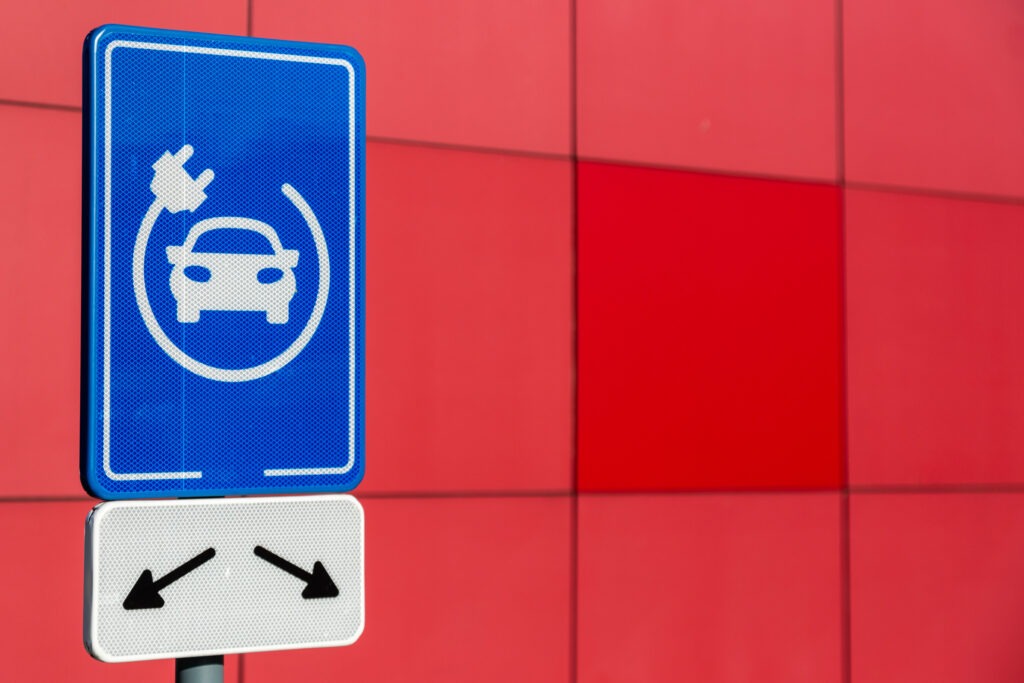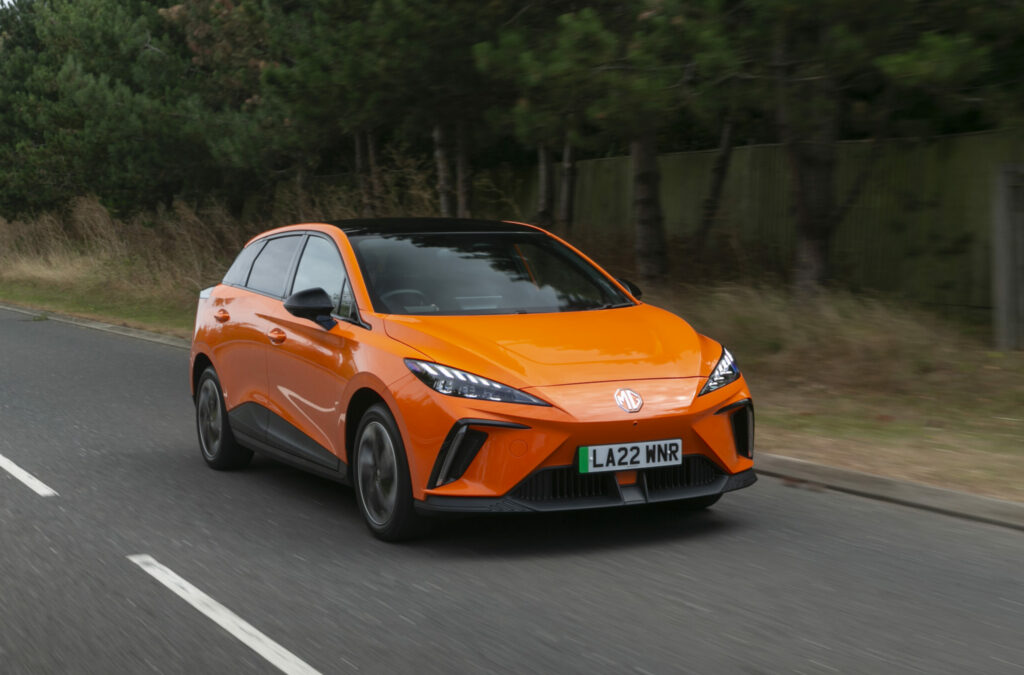Longest uninterrupted stretch of growth for UK new-car market
05 June 2023

The UK’s new-car market continued its recovery in May, with the longest uninterrupted period of expansion for eight years.
Data from the Society of Motor Manufacturers and Traders (SMMT) shows that registrations in the country grew 16.7% last month, reaching 145,204 units. This means the UK market has recorded growth for 10 months in a row, highlighting a trajectory out of recent problems that beset the market.
However, the market is down 21% compared to May 2019, and is still struggling compared to pre-COVID-19 levels. While the growth continues at apace, there is also a possibility progress may slow from August onwards.
New-car market results are currently compared against a period when vehicle deliveries were affected by ongoing supply-chain shortages. With these deliveries finally making their way to customers from August 2022 onwards, the pattern of recovery will become clearer as 2023 progresses.
‘After the difficult, COVID-19-constrained supply issues of the last few years, it is good to see the new-car market maintain its upward trend and the fact that growth is, increasingly, green growth is hugely encouraging,’ commented SMMT chief executive Mike Hawes.
Petrol leads market in May
Petrol once again dominated UK registrations, with 82,800 units taking to the country’s roads in May, marking a 12.5% year-on-year increase. This equated to a 57% market share last month, although this is a drop of 2.2% on last year.
Battery-electric vehicles (BEVs) continued their rapid ascent, with 24,513 registrations up 58.7% year on year. This means the fuel type took a 16.9% market share in May, once again taking the runners-up spot in the UK, and increasing its share by 4.5% compared to May 2022.
Plug-in hybrids (PHEVs) also enjoyed a strong month with registrations up 23%, and market share rising 0.3% to sit at 6.2%. This means that plug-in vehicles accounted for 23.1% of registrations in May, with a total 33,583 units posting an increase of 47.2% year on year.
Hybrid-electric vehicles (HEVs) improved 22.2% year on year, while diesel was the only fuel type to decline, continuing a long-term trend. Its market was 17.6% down compared to May 2022, with just 11,074 cars registered. It does continue to outperform the PHEV market, however.
So far in 2023, petrol has increased its registrations by 16.1% with a total of 440,712 units, while BEVs now sit 31.1% higher than the first five months of 2022, with 121,268 passenger car registrations.
The year-to-date figures highlight once again the work that BEVs need to do in order to make inroads into the top position in the market. Petrol’s share remained stable at 57.1% in the first five months of 2023, down just 0.3% on the same period last year. BEVs increased their share by 1.7% to 15.7%, but much of this has been taken from diesel, which is down 2.3% year to date.
More choice but more work needed
BEV choice has quadrupled in the UK over the last five years, with every class of vehicle now offering a fully-electric version. There are now 80 models available across different vehicle segments, up from 21 in 2018, the SMMT states.
Alongside this, there are now 94 PHEV models and 42 HEVs available. Battery ranges have also increased, with the average distance a BEV can travel before charging at 236 miles, and the average range of a new model up to 300 miles.
But to ensure all drivers can benefit from this progress, BEVs need to be matched with affordable charging options, especially for those unable to make use of a domestic supply. There is a disparity across the UK between plug-in cars and the ratio of slow to fast chargers. London sees nine cars to one charger, while the North West has a rate of 67 cars per charger. Other areas do not fare any better, with the West Midlands having a ratio of 40:1, and the South West at 66:1.
‘Transforming the market nationwide at an even greater pace means we must increase demand and help any reticent drivers overcome any concerns about electric vehicles,’ added Hawes. ‘This will require every stakeholder – industry, government, charge point operators and energy companies – to play their part, accelerating investment to drive decarbonisation.’
The SMMT states that while billions of industry investment is delivering choice and growth, the speed of the shift needs to accelerate. ‘From January we expect to see the Zero-Emission Mandate in force, which will set a minimum quota for new BEV registrations for every brand,’ the body stated.
‘While the models and volumes will be available, ensuring the market demand is there will require action from every stakeholder. A supportive fiscal framework, simplified planning processes, faster grid connections and the provision of a nationwide network of reliable, affordable and sustainable charge points will give drivers considering the switch the confidence to purchase,’ it concluded.



